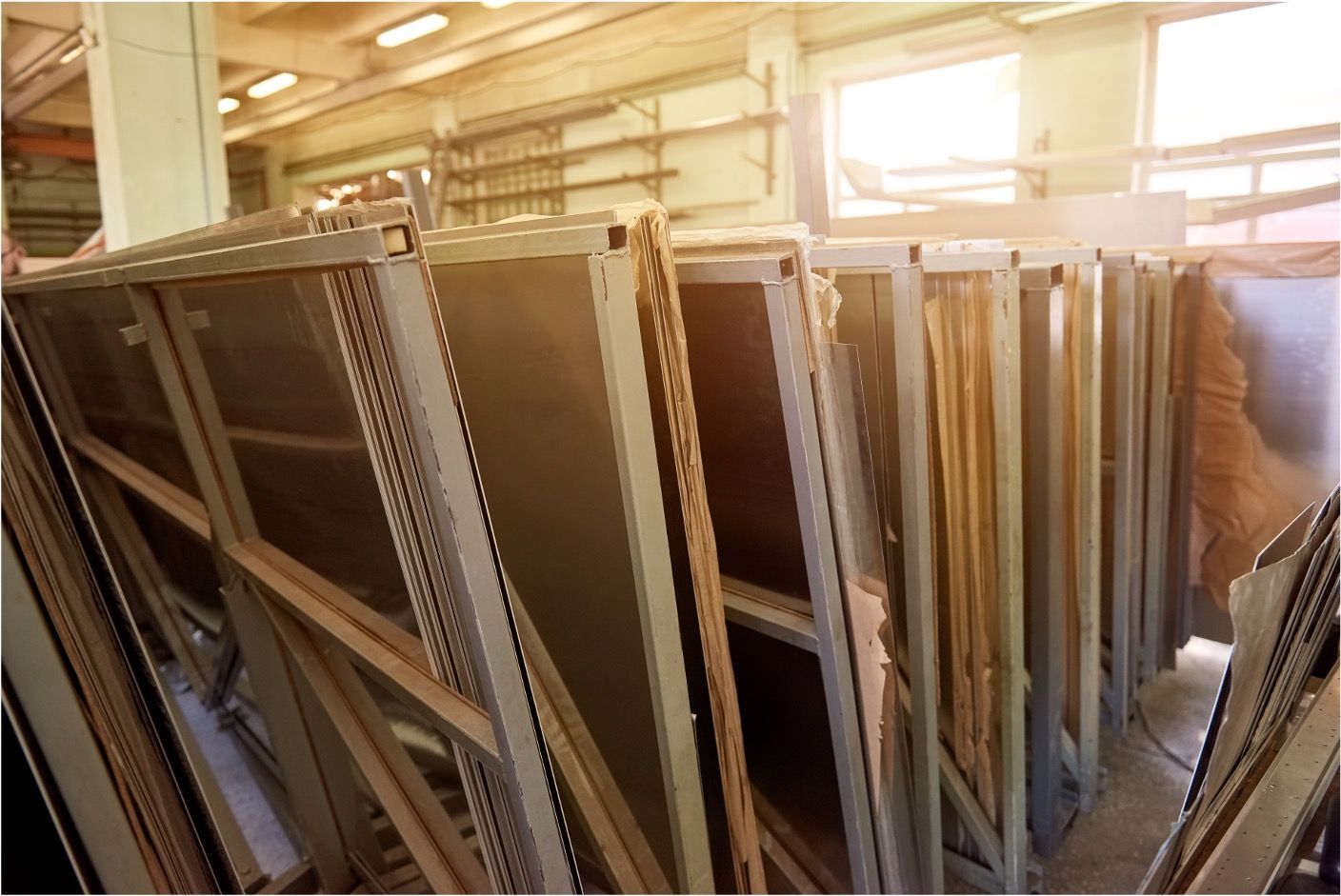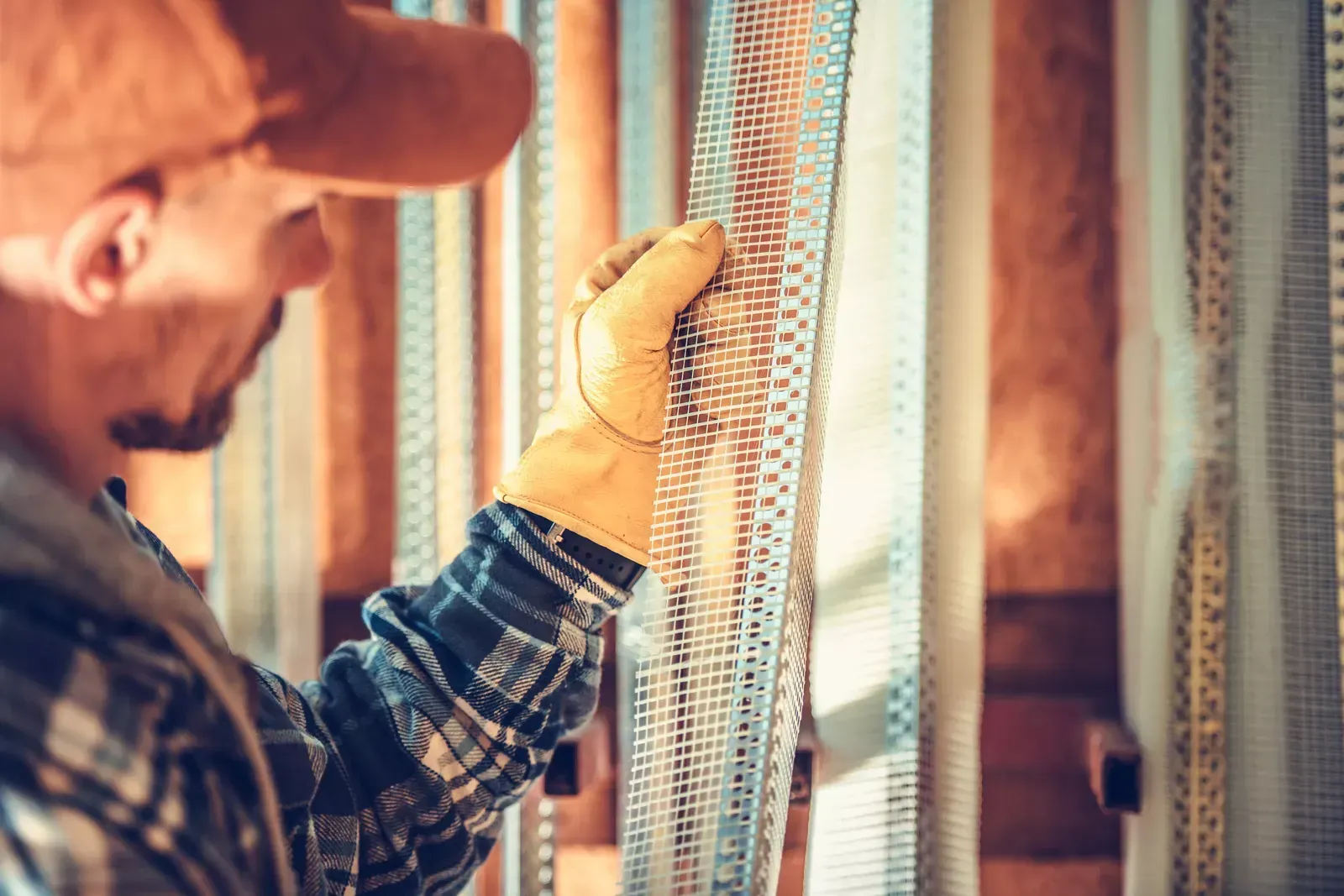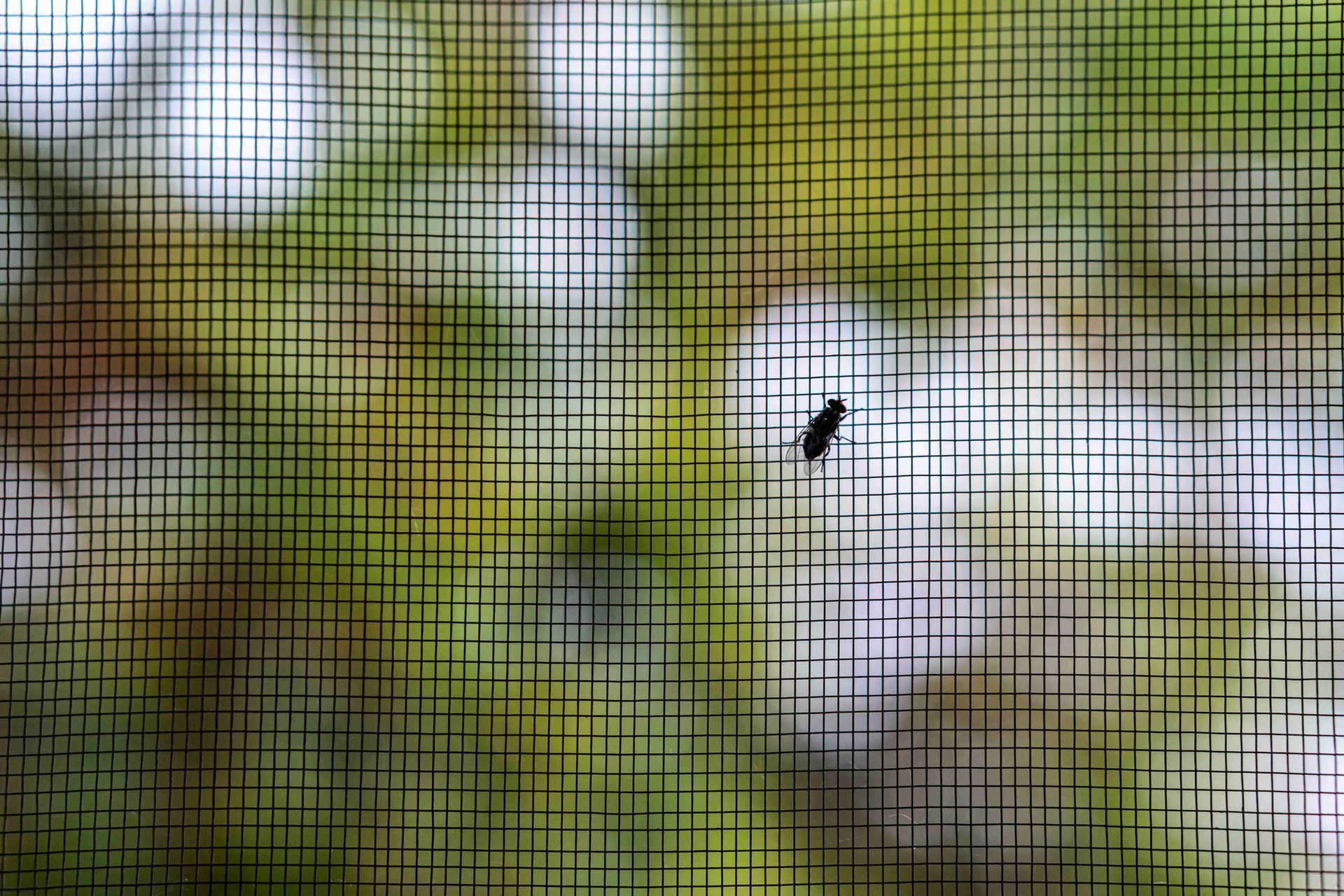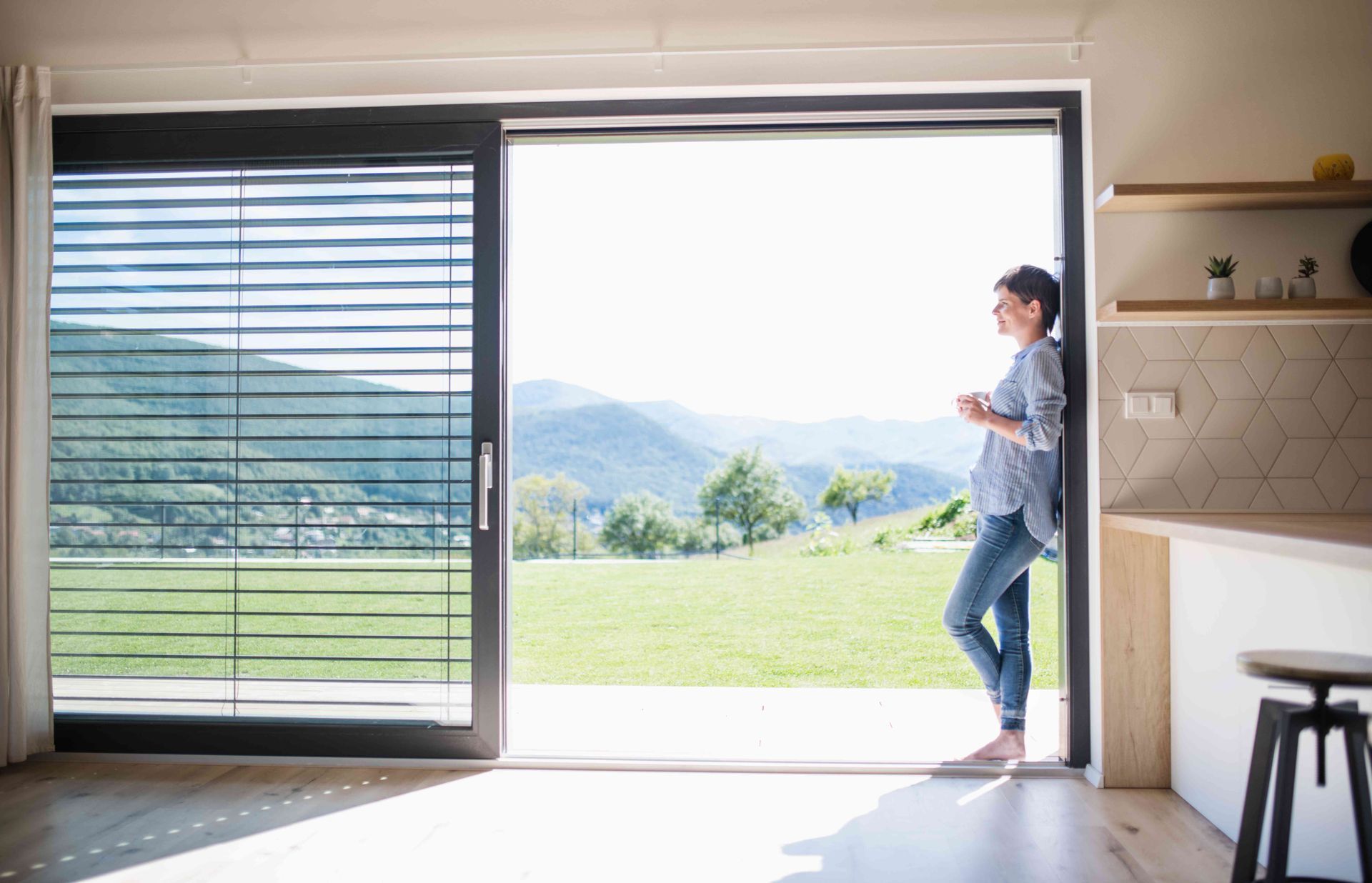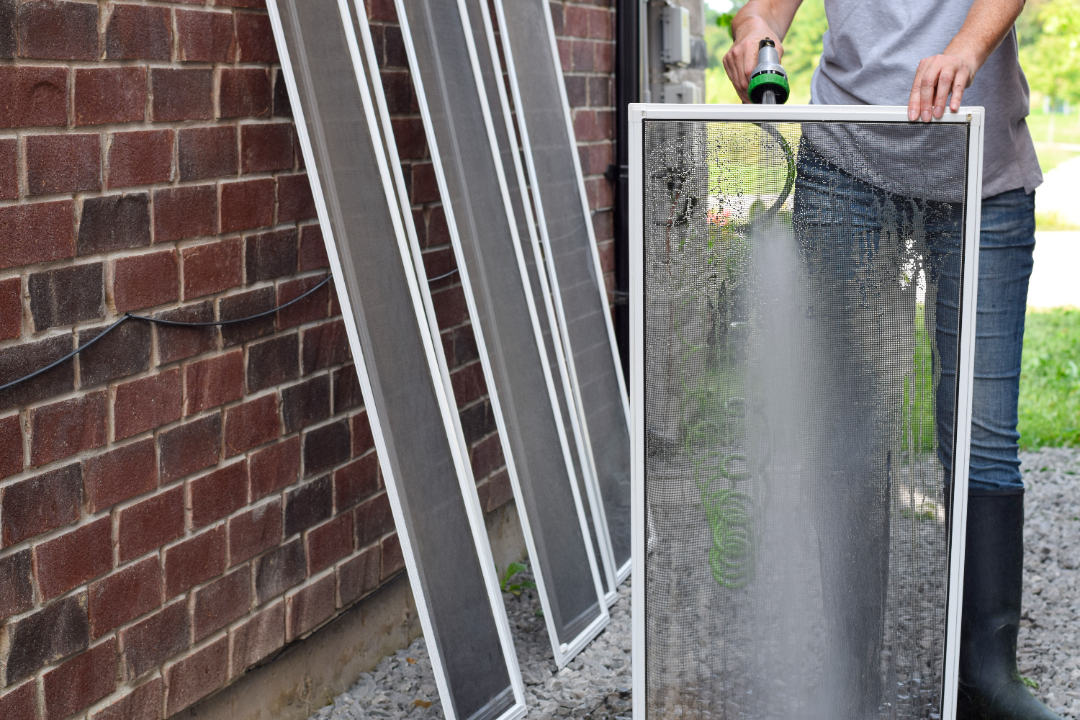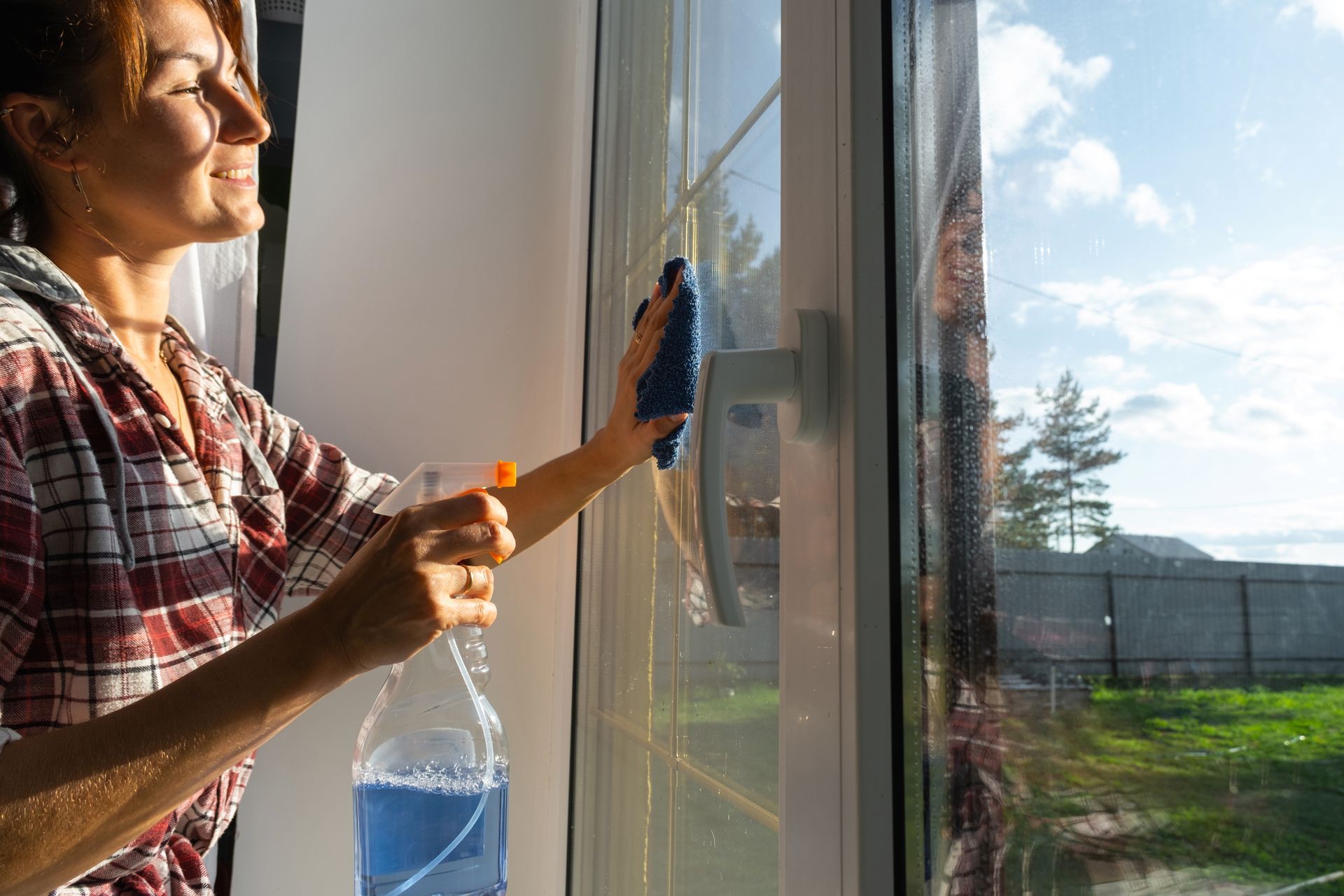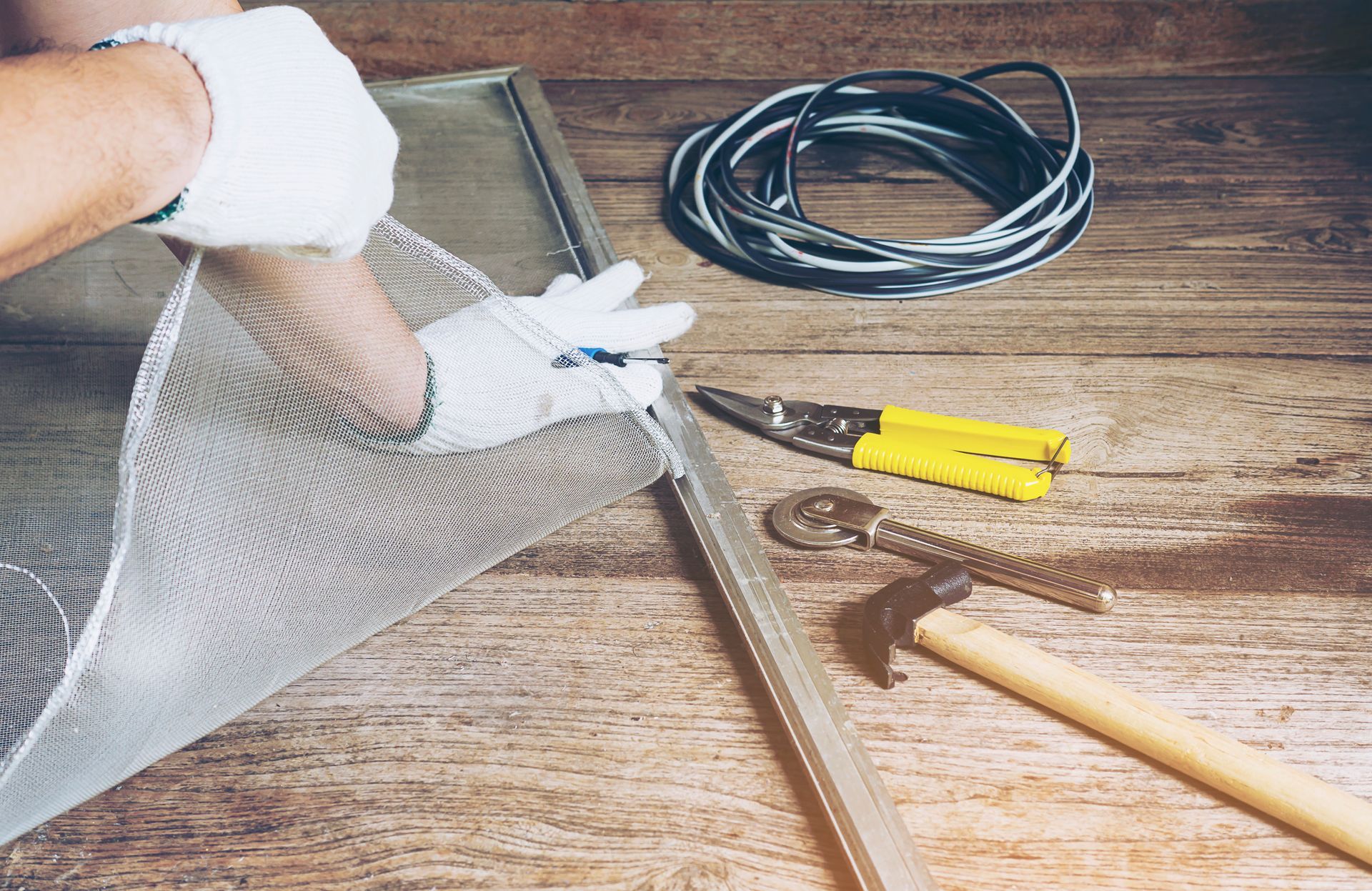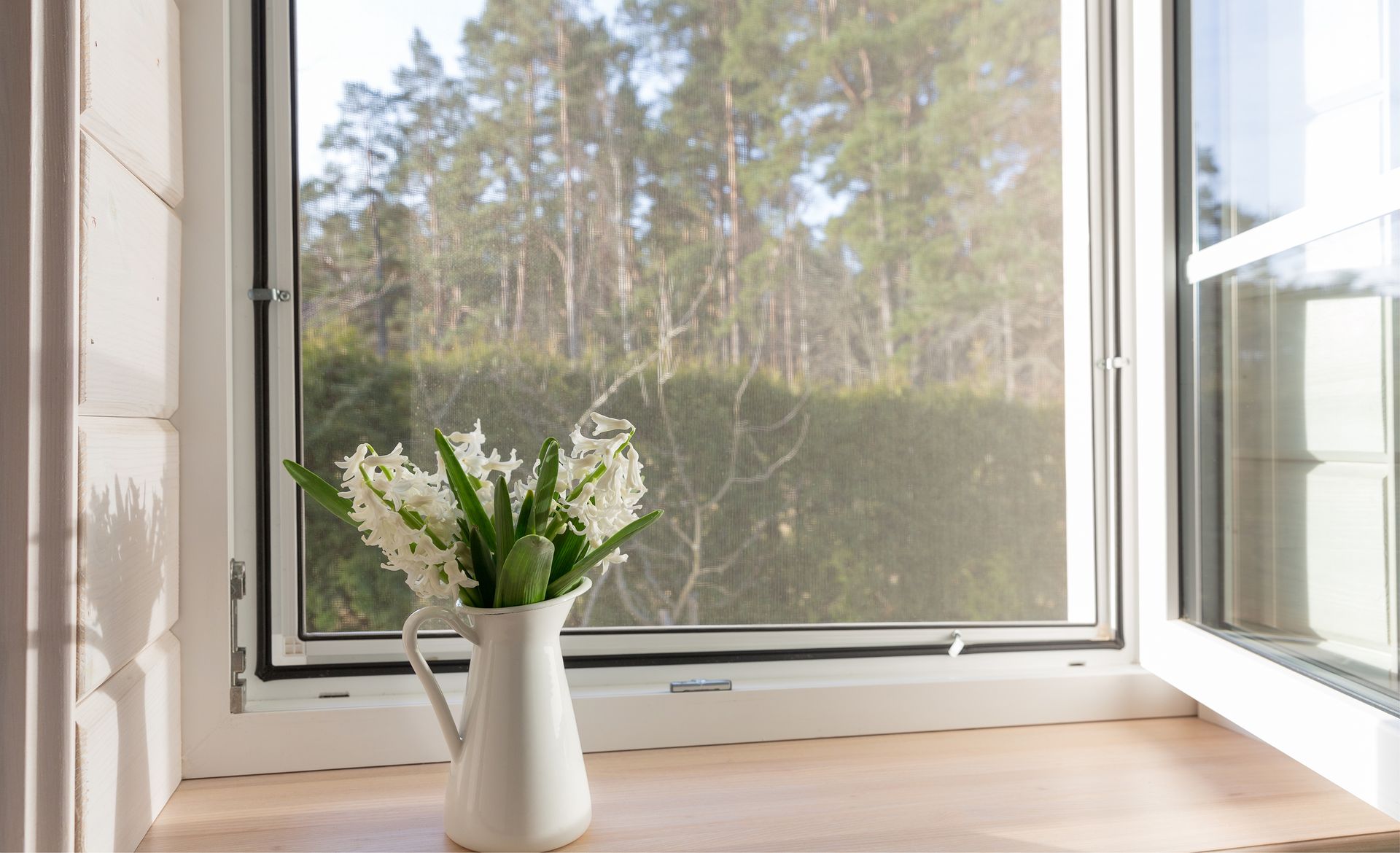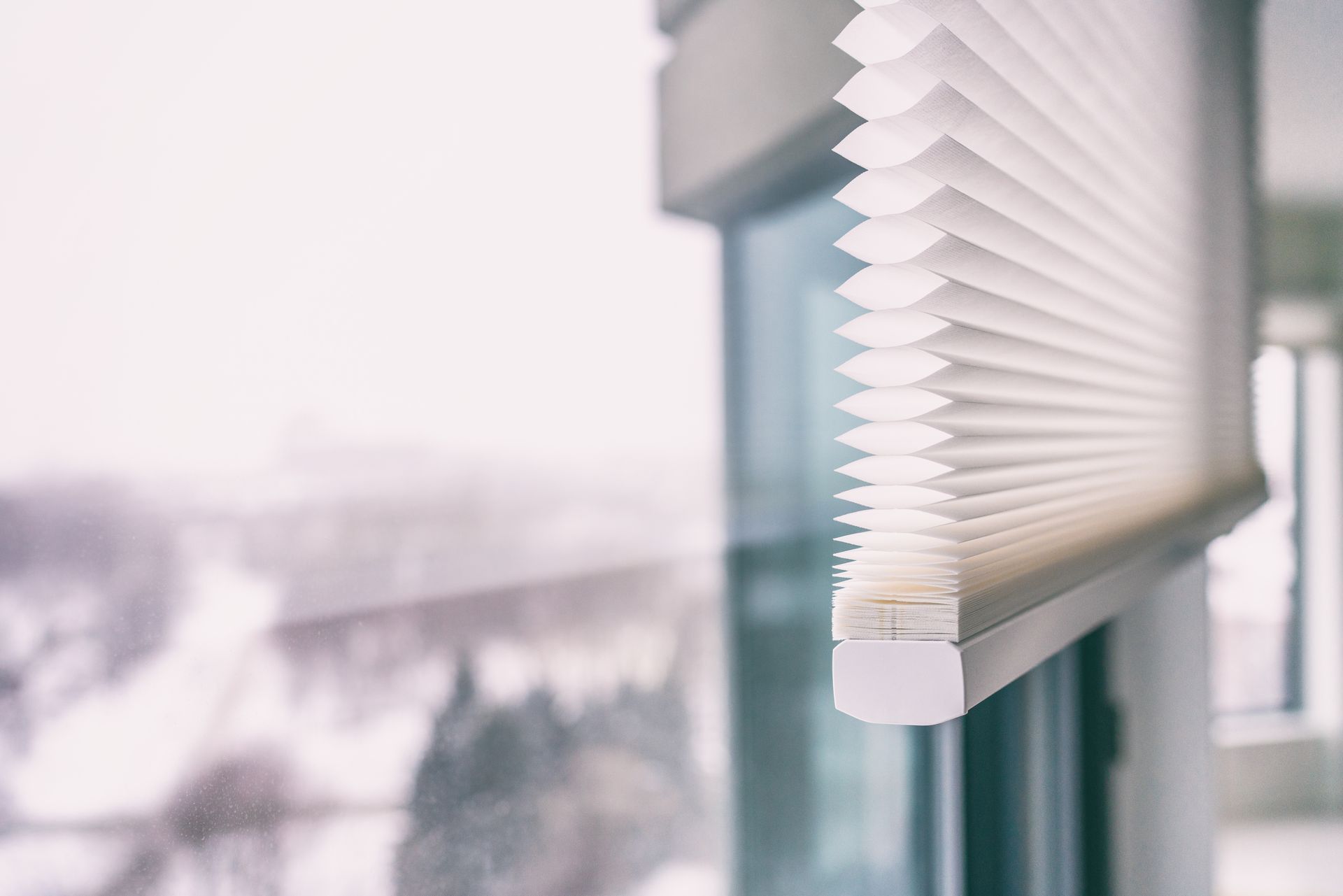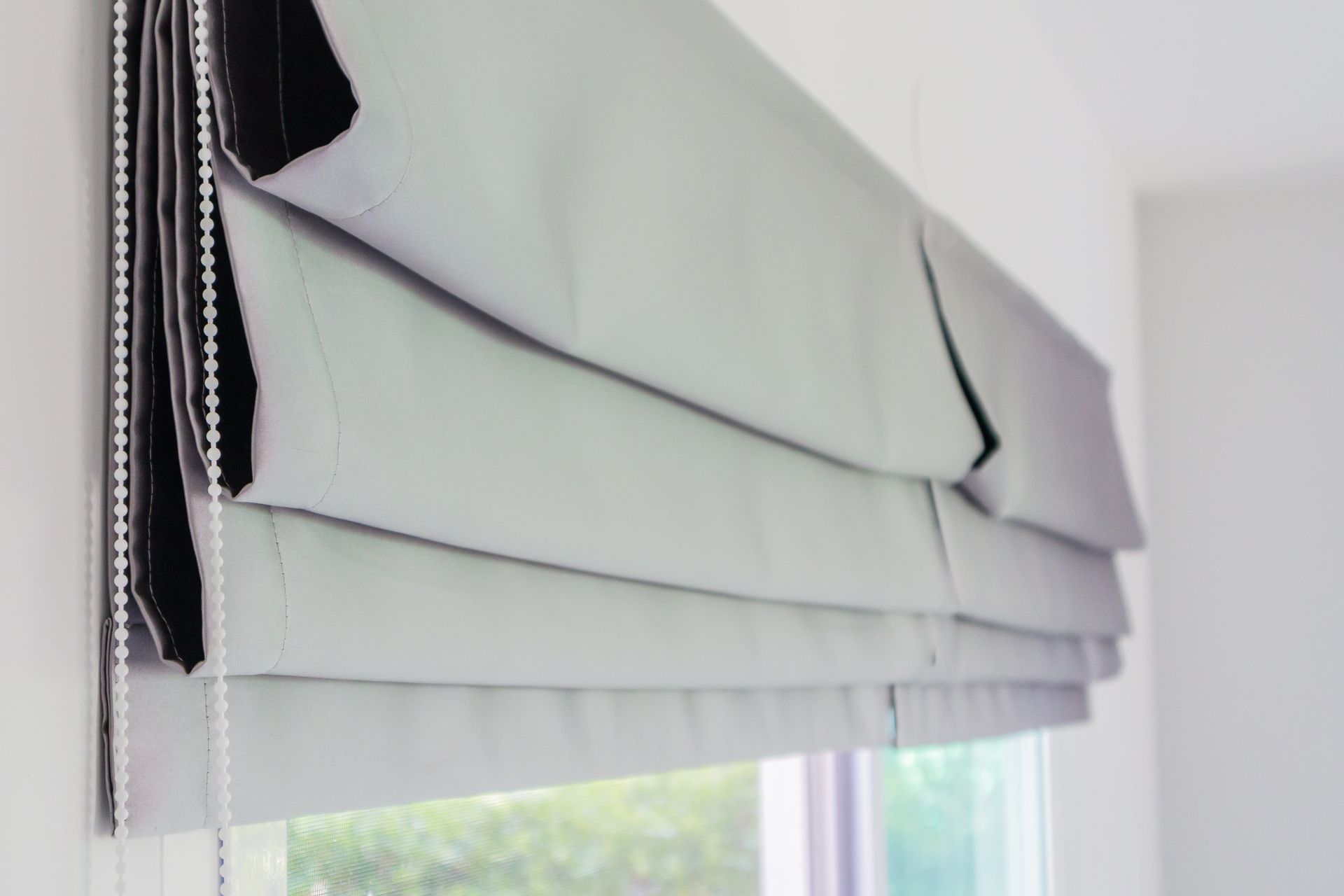Do Mosquito Screens for Windows Really Work for Keeping Insects Out?
Absolutely—mosquito screens for windows are one of the most effective ways to keep your home ventilated and insect-free. Whether you’re relaxing with the windows open or hosting guests on the patio, well-fitted screens help you enjoy fresh air without buzzing interruptions.
At Screen Master Door & Window, we’ve spent over 20 years helping Los Angeles-area homeowners protect their living spaces with custom mosquito screen solutions for windows, doors, and patios. In this guide, we’ll explain how they work, the best materials to consider, and how to get the most protection from a custom fit.
What Are Mosquito Screens for
Windows and How Do They
Work?
Mosquito screens for windows are fine mesh barriers installed over window openings. The mesh is woven tightly enough to block even the smallest insects—mosquitoes, gnats, flies—while allowing air and light to pass through.
Unlike glass or closed windows, screens let you enjoy passive cooling without sacrificing comfort. They’re ideal for Southern California homes where open windows are common throughout the year.
At Screen Master, we custom-measure and install each window screen on-site, ensuring a tight seal and gap-free protection for every frame in your home.
Benefits of Installing Mosquito Screens for Windows
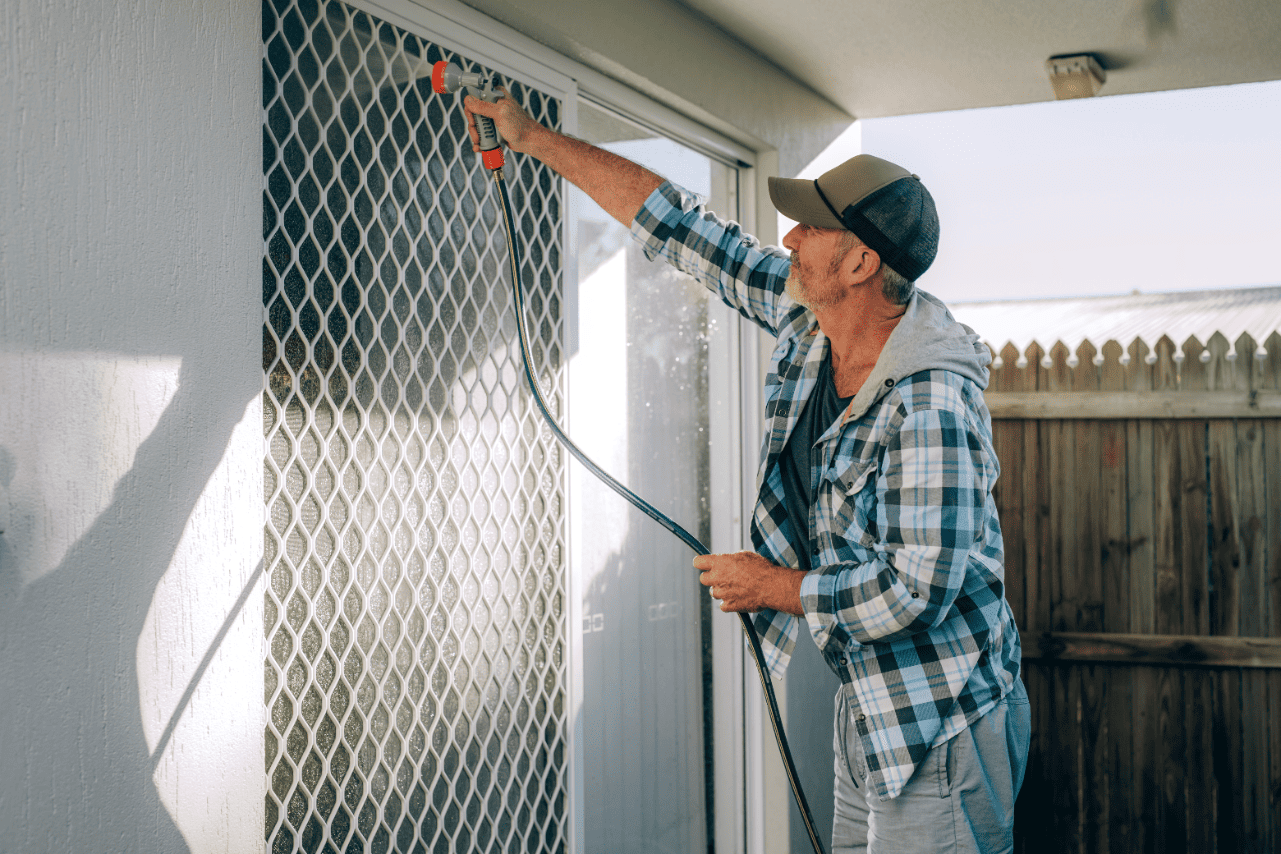
Installing screens isn’t just about pest control—it’s about creating a more livable and breathable indoor environment.
1. Keep Bugs Out, Let Fresh Air In
Screens allow you to leave windows open day or night without worrying about insects. You’ll avoid exposure to bug sprays or electric zappers while enjoying clean, comfortable airflow.
2. Improve Comfort in Warmer Months
Screens are especially valuable during spring and summer when mosquito activity spikes. They let you stay cool naturally without the stress of bites or buzzing while you sleep or relax indoors.
3. Save on Energy Costs
By encouraging natural airflow, mosquito screens reduce the need for constant air conditioning. That means lower energy bills and a more sustainable way to keep your home cool.
Enjoy the Outdoors with Mosquito Screens for Patios
Mosquito screens for patios transform outdoor areas into peaceful, bug-free retreats—ideal for entertaining, dining, or unwinding after a long day.
1. Create a Bug-Free Outdoor Living Area
A screened-in patio allows you to enjoy your outdoor space year-round. No more citronella candles or constantly swatting at flies. Just fresh air and comfort.
2. Choose a Patio Screen That Fits Your Home
We install several types of patio screen enclosures:
• Retractable screens: Use them when needed, retract them when not.
• Fixed patio screens: Great for full enclosures or covered areas.
• Sliding screen doors: Smooth operation with built-in bug protection.
All of our patio screens are custom-built for your space, ensuring full coverage and long-lasting durability.
Compare Screen Types and Materials for Lasting Protection
The right material makes all the difference in screen longevity, visibility, and strength. Here’s a quick guide to help you choose the best option for your needs:
| Screen Material | Benefits | Best For |
|---|---|---|
| Fiberglass Mesh | Lightweight, affordable, won’t rust or corrode | Standard window and door screens |
| Aluminium Mesh | Stronger than fiberglass, resists sagging, holds up under high traffic | Doors and high-use areas |
| Pet-Resistant Mesh | Thicker and claw-resistant; durable against pet wear | Homes with dogs or cats |
| Solar Mesh | Blocks UV rays, reduces indoor heat, offers added daytime privacy | Sun-facing windows or patios |
All materials are easy to clean—just rinse with water and mild soap every few months to keep your screens looking fresh.
Why Custom-Fit Screens Offer Superior Protection
Not all screens are created equal, and not all windows or patios are, either. That’s why we only install custom-fit mosquito screens for windows and patios.
1. Seamless Fit with No Gaps
Off-the-shelf screens rarely fit perfectly, which leaves gaps that even small insects can enter through. Our mobile team measures each opening on-site, then cuts and installs screens tailored to your frame for maximum protection.
2. Improved Performance and Aesthetics
Custom screens sit flush, maintain consistent mesh tension, and match the existing window or door color. That means better performance and a cleaner, more professional look.
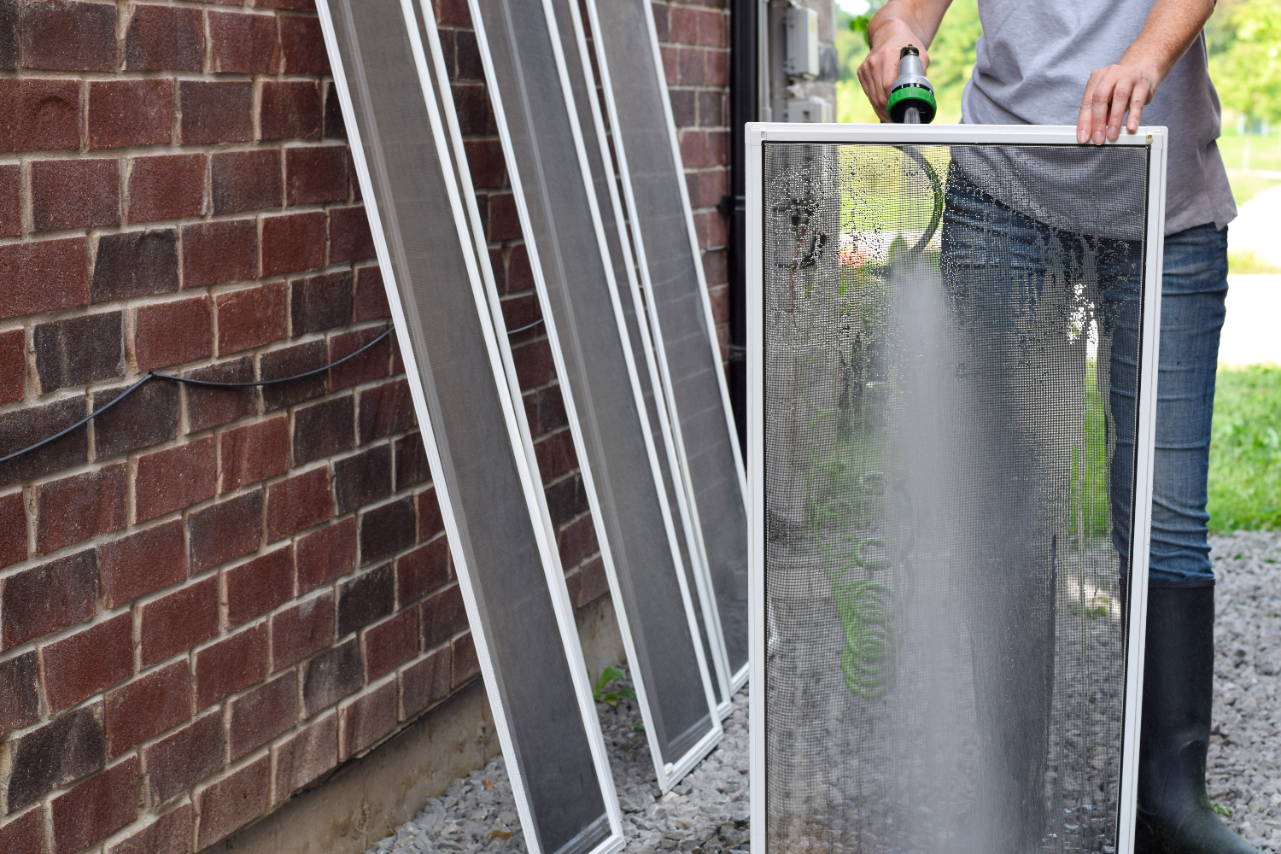
How Mosquito Screens for Windows Enhance Everyday Living
The benefits of mosquito screens for windows go far beyond bug control. They’re a small upgrade with big lifestyle returns.
1. Fresh Air Without the Worry
You don’t have to close up your home just to keep bugs out. Screens let you enjoy the breeze, reduce indoor stuffiness, and keep air circulating, all while keeping insects out.
2. Pet- and Kid-Friendly Protection
Mosquito screens offer an added layer of protection for families with children or pets. Pet-resistant mesh can handle clawing and jumping, while secure frames help prevent accidental falls from open windows.
3. Preserve Visibility and Light
Today’s screen options are designed to blend in and keep your view intact. Low-visibility mesh ensures airflow and bug control without blocking natural light or outdoor scenery.
Screen Master Solutions: Mosquito Screens for Windows and Patios
At Screen Master Door & Window, we don’t do one-size-fits-all. Our screens are:
• Custom-built on-site for a seamless fit
• Made from premium materials suited to your environment and lifestyle
• Installed by trained mobile technicians who respect your time and space
Whether you need to upgrade mosquito screens for windows or enclose a patio for comfortable outdoor living, we offer the expertise and flexibility to get it done right. We proudly serve:
• Los Angeles
• Pasadena
• Burbank
• El Monte
• Glendale
And surrounding neighborhoods
Stay Comfortable with Custom Mosquito Screens
If you’re tired of choosing between airflow and bug protection, Screen Master Door & Window has a solution that gives you both. Our mosquito screens for windows keep insects out while letting fresh air in, and our mosquito screens for patios let you reclaim your outdoor space without sacrificing comfort. With on-site custom measurements, professional installation, and long-lasting materials, you’ll never have to think about bugs again.
We make it easy. Our mobile service brings everything to your home—measurement, materials, and expert installation all in one visit.
Contact us now for your
custom screen solution. Do you need a repair instead? We do that too. Ask about our
screen repair and rescreening services available across Greater Los Angeles.
Frequently Asked Questions
Can you install mosquito screens for windows in older homes around Los Angeles?
Yes, we specialize in custom screen solutions for homes of all ages—including historic properties. Our team measures each window on-site to ensure a perfect fit, even for non-standard or vintage frames commonly found in older LA neighborhoods.
Do you offer mosquito screens for patios in the San Gabriel Valley area?
Absolutely. We provide mobile screen installation and repair services throughout the San Gabriel Valley, including Pasadena, Alhambra, and Arcadia. Our patio screens are custom-fit to your space and built to keep bugs out while maintaining airflow and visibility.
How long does it take to install new window screens at my home in Burbank?
Most standard screen installations can be completed in a single visit. Because we bring our mobile shop to your location, we can measure, build, and install your mosquito screens for windows on the spot—usually within the same day.
What type of mesh is best for my patio screen enclosure in Pasadena?
We offer several mesh options, including fiberglass, aluminium, solar mesh, and pet-resistant materials. During your consultation, we’ll help you choose the right mesh for your lifestyle, sun exposure, and screen usage so your mosquito screens for patios last as long as possible.
Can you repair damaged window screens instead of replacing them?
Yes, we offer screen repair and re-screening services across Greater Los Angeles. If your screen frame is still intact, we can replace just the mesh to restore its function and appearance—saving you money and extending the screen’s life.


